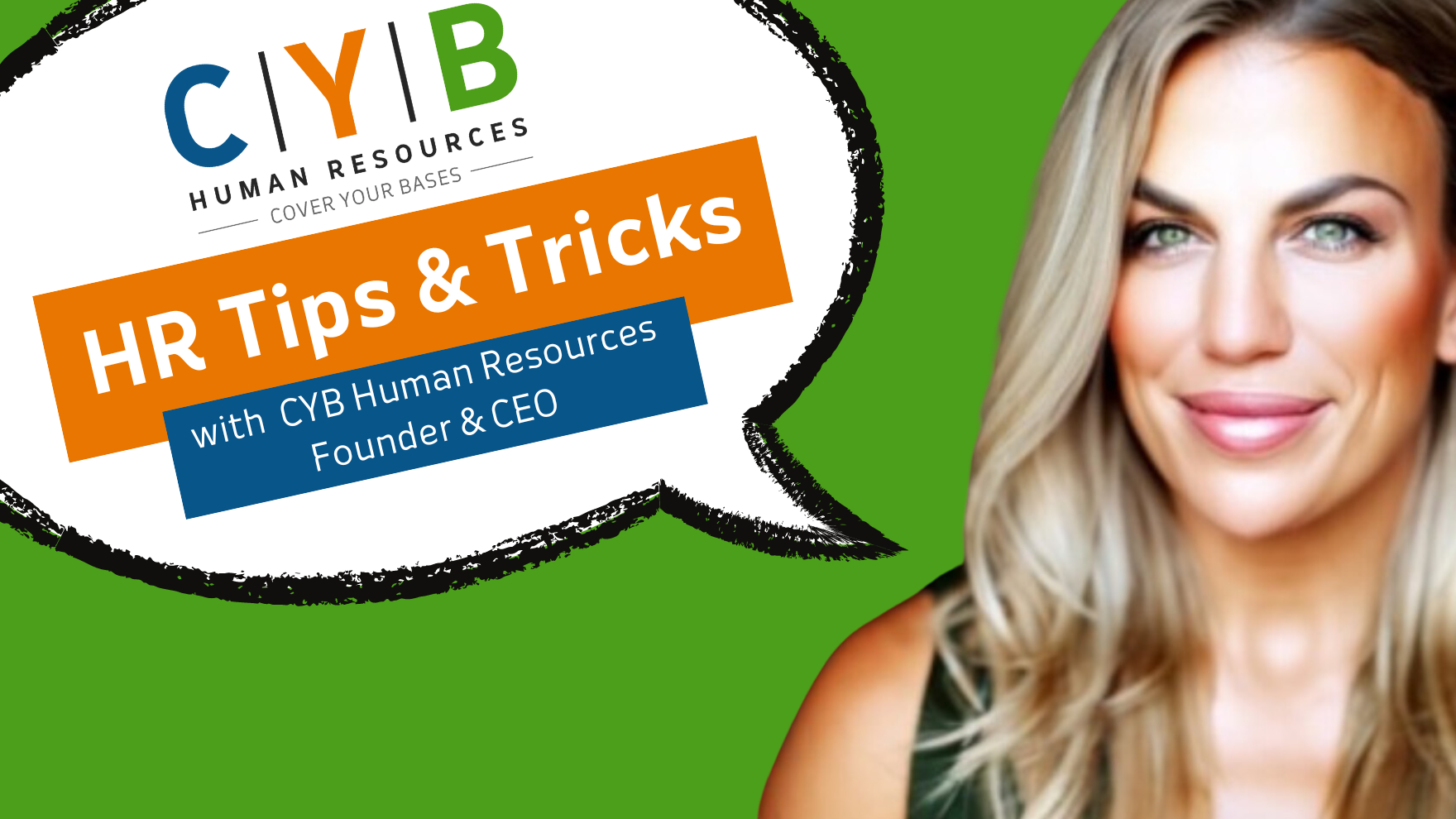Need an HR Audit?
Here’s Why It’s Essential for Your Small Business
As a small business owner, managing human resources can often feel overwhelming. You’re juggling compliance requirements, employee relations, hiring processes, and more. But how do you know if your HR practices are truly in line with state and federal regulations? This is where the need for an HR audit comes into play.
An HR audit is a comprehensive review of your human resources policies, procedures, and systems. It helps identify gaps in compliance, inefficiencies in processes, and areas for improvement that may be putting your business at risk. The need for an HR audit is especially critical for small businesses that may not have a dedicated HR department or the time to stay updated on changing laws and regulations.
Why Your Small Business Needs an HR Audit
Many small businesses operate under the assumption that they are too small to face government scrutiny. However, even the smallest business can face significant penalties for non-compliance. The need for an HR audit becomes clear when you consider the potential consequences of not identifying gaps before the government does.
Here are a few reasons why your business might need an HR audit:
1. Compliance with Laws and Regulations
Employment laws are constantly changing. Whether it’s wage and hour laws, employee classification rules, or health and safety regulations, small businesses must stay up-to-date. An HR audit ensures you are complying with the latest legal standards and avoiding costly fines.
2. Risk Management
When you conduct an HR audit, you’re not only identifying gaps in compliance but also assessing risks in areas like workplace safety, employee disputes, and potential litigation. Proactively addressing these risks is far less expensive than dealing with the fallout after an incident occurs.
3. Efficiency and Cost Savings
Small businesses often have limited resources, making it even more important to streamline HR processes. An audit can help you identify inefficient procedures that are costing your business time and money. The need for an HR audit is vital to improving your internal processes and optimizing your HR function.
The Audit Process: What to Expect
When you decide your business needs an HR audit, it typically starts with a comprehensive review of your current HR practices. This might include:
- Employee records and documentation
- Employee classification (exempt vs. non-exempt)
- Hiring and onboarding processes
- Compliance with labor laws
- Workplace safety protocols
- Employee handbooks and policies
By reviewing these areas, an HR audit will uncover gaps that need to be addressed before they become significant problems. When the need for an HR audit is identified, it helps to establish a roadmap for corrective actions that align with your business goals and compliance needs.
Avoid Government Penalties
One of the most compelling reasons for small businesses to conduct an HR audit is to avoid penalties from regulatory agencies. Fines can be crippling for small businesses, especially when violations are discovered during a government audit. An HR audit is critical because it allows you to identify and fix compliance issues before they come to the government’s attention.
Final Thoughts
In today’s fast-paced business environment, small business owners can’t afford to overlook HR compliance. An HR audit has never been more important. It helps ensure you’re operating within the law, managing risks effectively, and streamlining your HR processes. By identifying gaps before the government does, you protect your business, your employees, and everything you’ve worked so hard to build.
If you think your business might need an HR audit, now is the time to act. Don’t wait for a costly surprise—get ahead of potential issues and ensure your HR practices are up to standard. Reach out today to schedule your HR audit and secure peace of mind for your business.
Book a call with me today, and let’s work together to protect your business and save you from unnecessary costs.
For more information on unemployment laws in your state, visit the U.S. Department of Labor’s Unemployment website.
But for personalized advice and actionable steps, schedule a call with me now, and let me show you how to confidently navigate how to fight unemployment claims.

